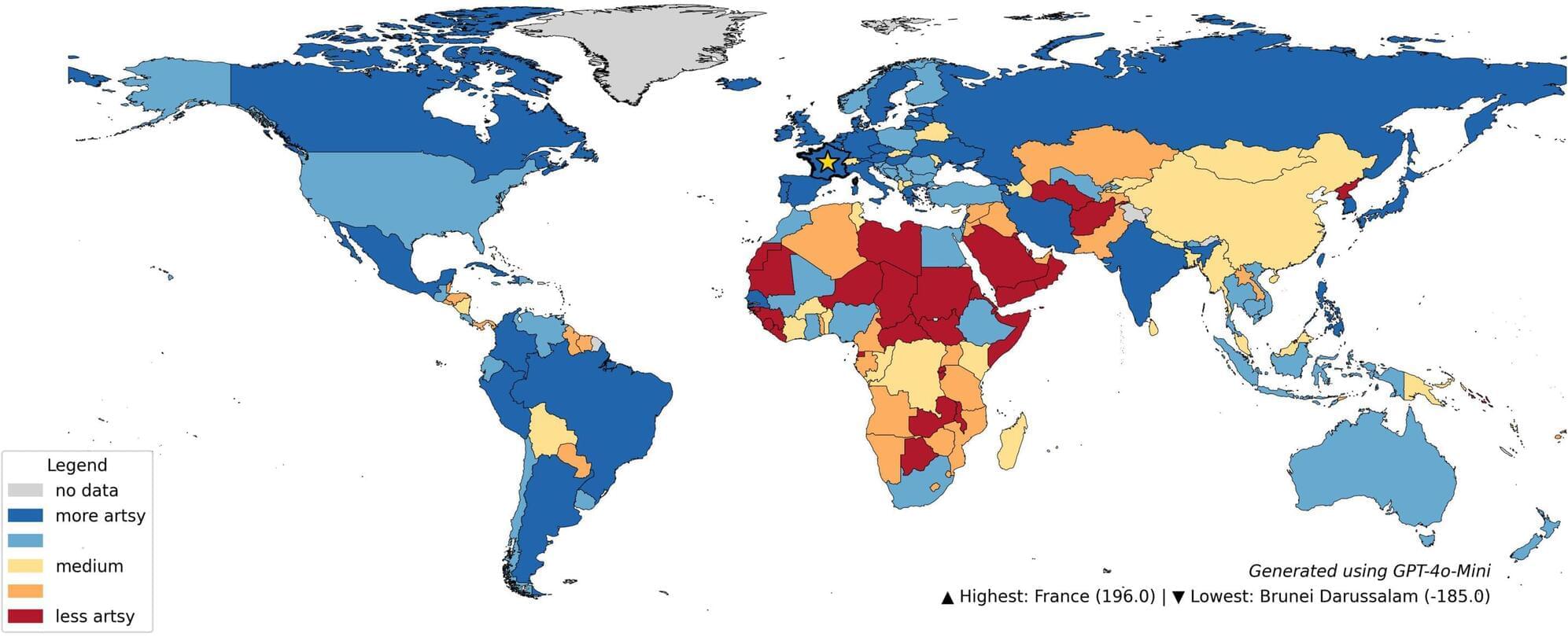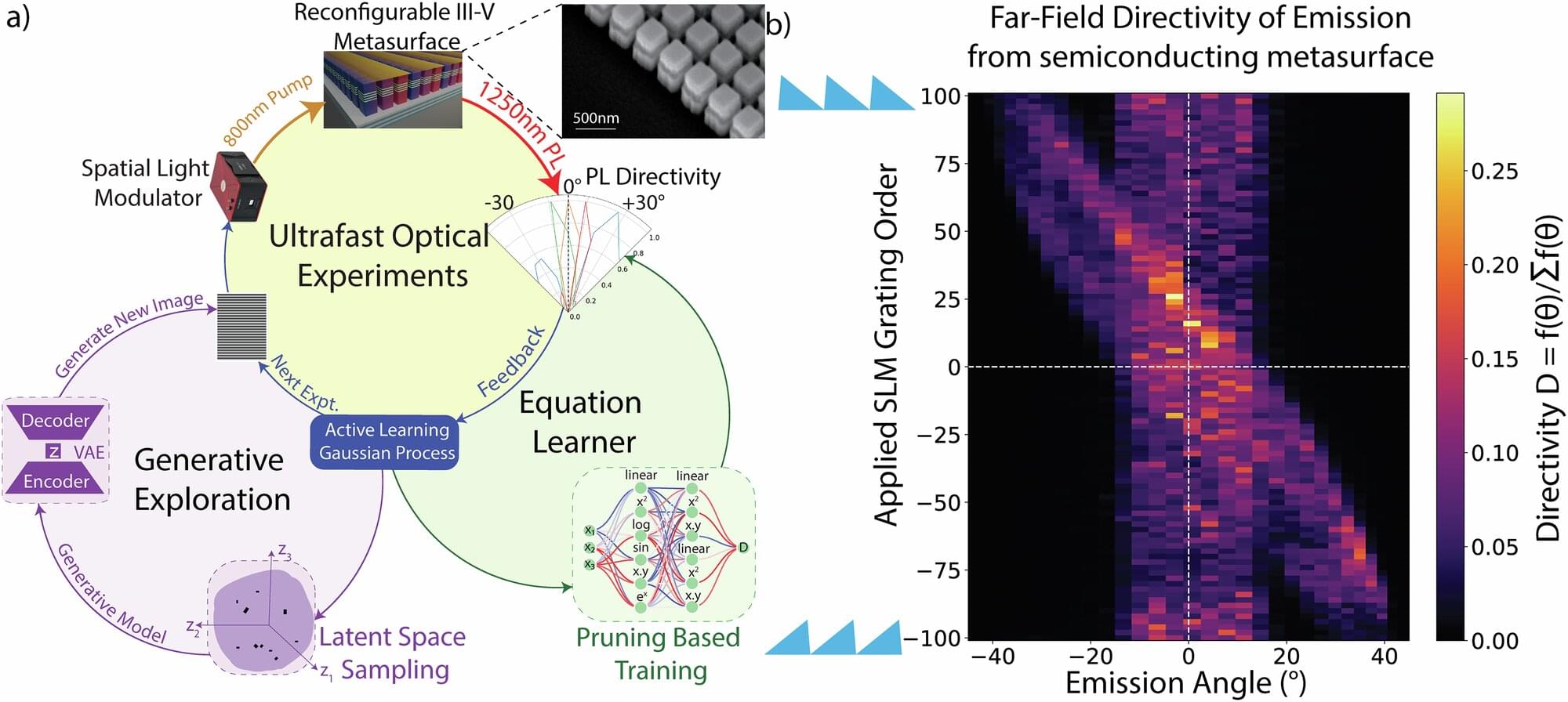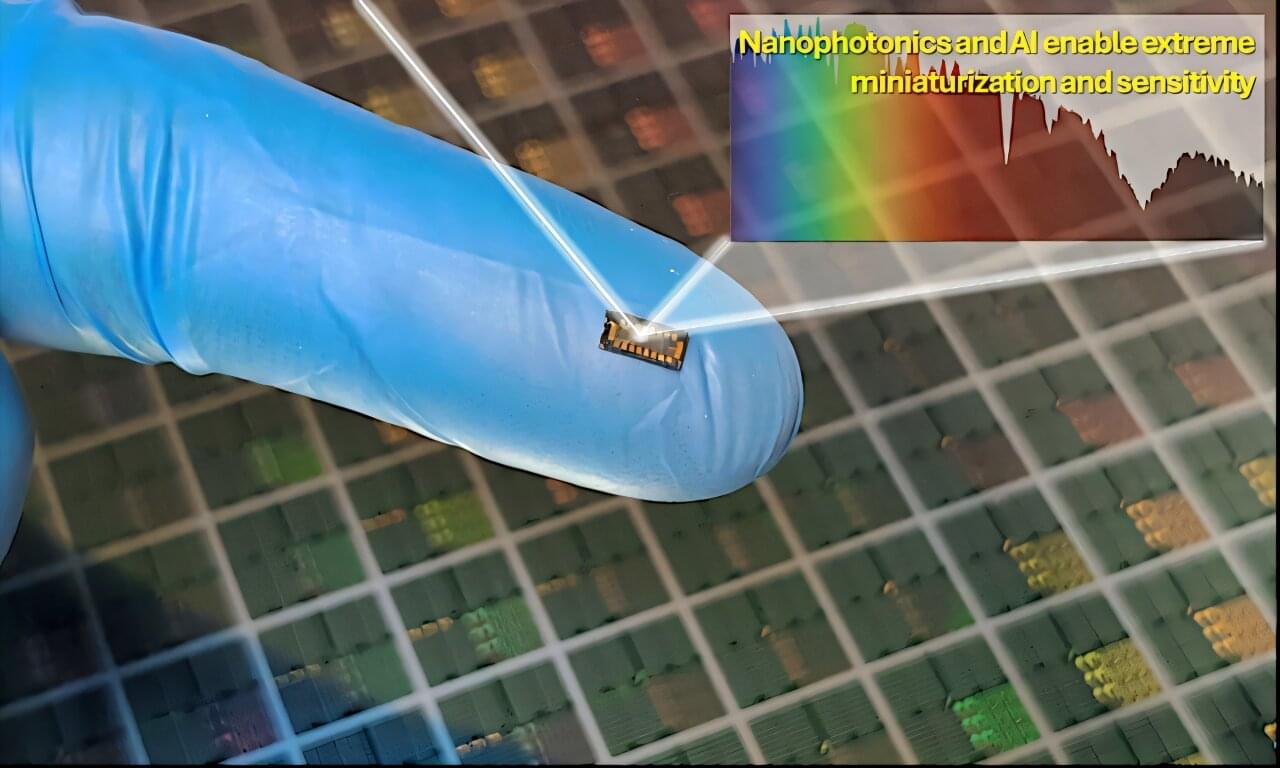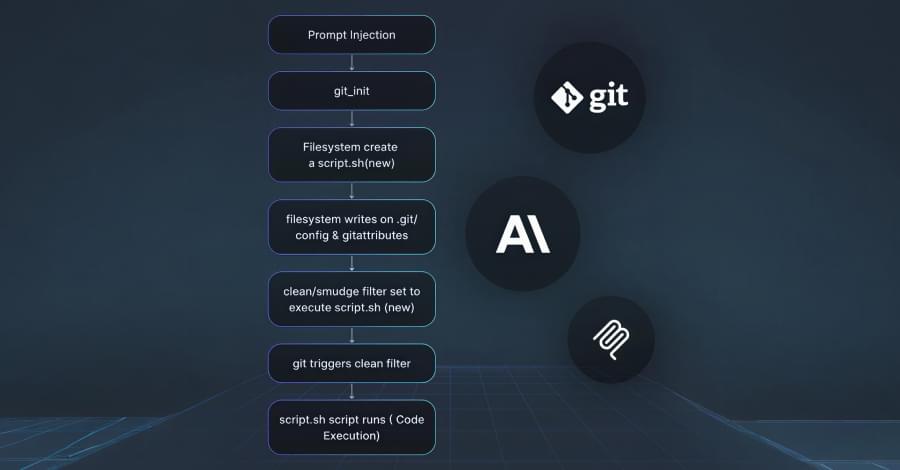OpenAI is facing a potentially crippling lawsuit from Elon Musk, financial strain, and sustainability concerns, which could lead to its collapse and undermine its mission and trust in its AI technology ## ## Questions to inspire discussion.
Legal and Corporate Structure.
🔴 Q: What equity stake could Musk claim from OpenAI? A: Musk invested $30M representing 60% of OpenAI’s original funding and the lawsuit could force OpenAI to grant him equity as compensation for the nonprofit-to-for-profit transition that allegedly cut him out.
⚖️ Q: What are the trial odds and timeline for Musk’s lawsuit? A: The trial is set for April after a judge rejected OpenAI and Microsoft’s dismissal bid, with Kalshi predicting Musk has a 65% chance of winning the case.
Funding and Financial Stability.
💰 Q: How could the lawsuit impact OpenAI’s ability to raise capital? A: The lawsuit threatens to cut off OpenAI’s lifeline to cash and venture capital funding, potentially leading to insolvency and preventing them from pursuing an IPO due to uncertainty around financial stability and corporate governance.






